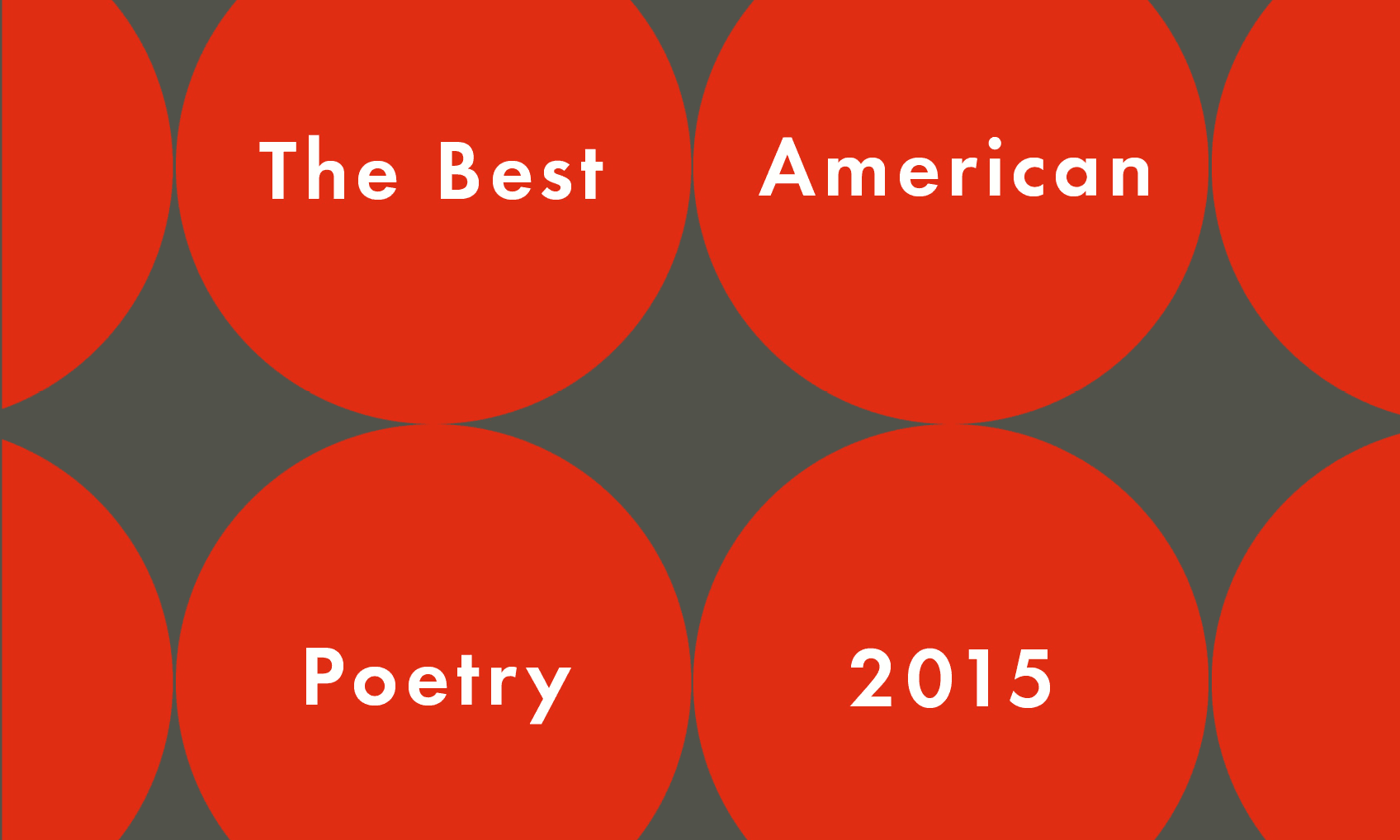Best American Fakery
The annual anthology TheBest American Poetry is a really big deal in the poetry world, but it usually doesn’t make international headlines. When the latest edition of the anthology came out last week, however, the internet was outraged to find that one of the poems, printed under the name Yi-Fen Chou, had actually been written by a white poet named Michael Derrick Hudson. Hudson explained, in his author bio, that he submitted the poem under a pseudonym to the magazine that had published it only after it had been rejected 40 times under his actual name. The poet and writer Jenny Zhangwrote an essay on BuzzFeed explaining why so many people were so upset by the deception.
Kurt Andersen: The editor of this anthology, Sherman Alexie, explained that he did give this poem special consideration because he wanted to include more non-white writers in the book. And 40 percent of the poems in the anthology are by writers of color. That’s a good thing, right?
Jenny Zhang: I think so. The historical legacy of TheBest American Poetry is they’ve had very few editors who were not white. They’ve had very few instances where they’ve selected poems by non-white poets. So the fact that we finally have one person who was willing to explicitly say, “I did care about finding diverse poets,” that’s really exciting. And it sucks that it’s marred by [Alexie] being tricked by this person.
Michael Derrick Hudson did not respond to our request for comment, but it seems this wasn’t a project to expose affirmative action — he just thought it would help him get published. Do you think it has larger ramifications beyond this one guy?
Michael Derrick Hudson is not the first person to slip into the identity of a person of color to give himself some perceived advantage. He can slip back into his life and not walk around in this world as a person of color who endures racism.
You write that when you were in graduate school for creative writing at the Iowa Writers’ Workshop, some of your friends would say that you’re lucky not to be white. Really?
They would say: You’re lucky to be a young, Asian, female writing about sexy subjects. I think that my cohorts did perceive me as someone who had an advantage. It’s weird for me to say I’m lucky when I can’t go into a bookstore and have more than five choices if I want to read something about Asian-American characters. It’s weird for me to connect this moment — where I do feel like there’s a curiosity and a need to make up for the insanely long drought where we haven’t paid attention to excellent writers of color — and what is actually happening. The New York Times is not reviewing books by non-white people.
